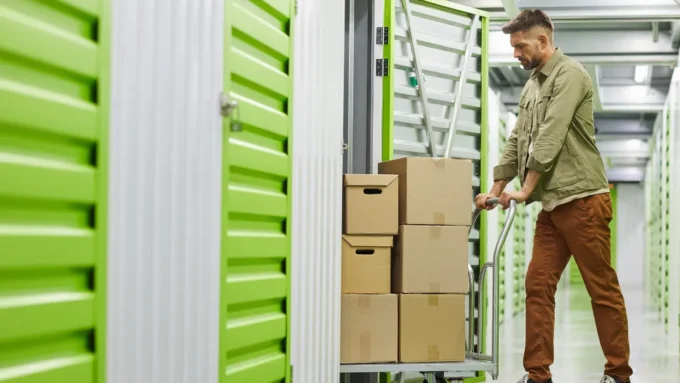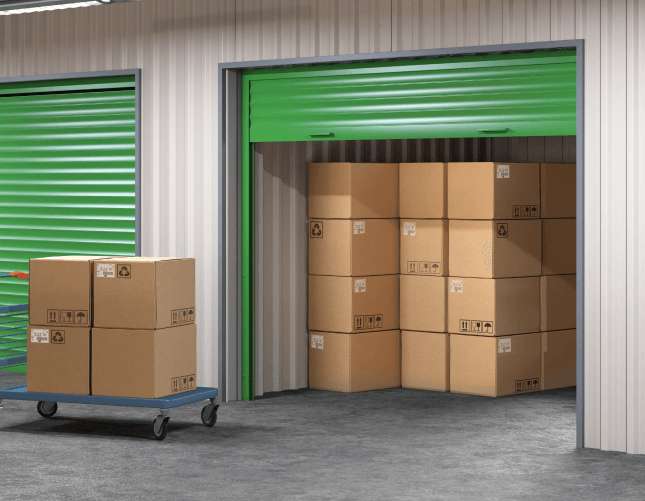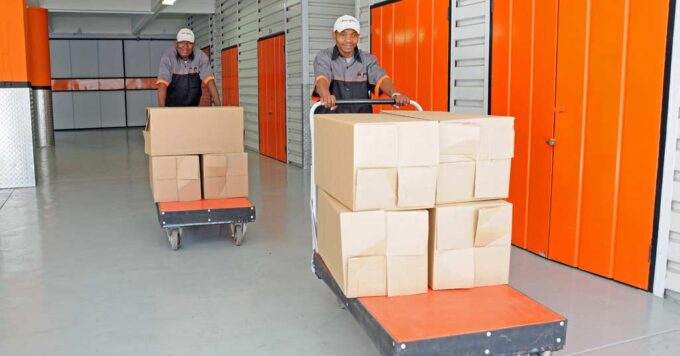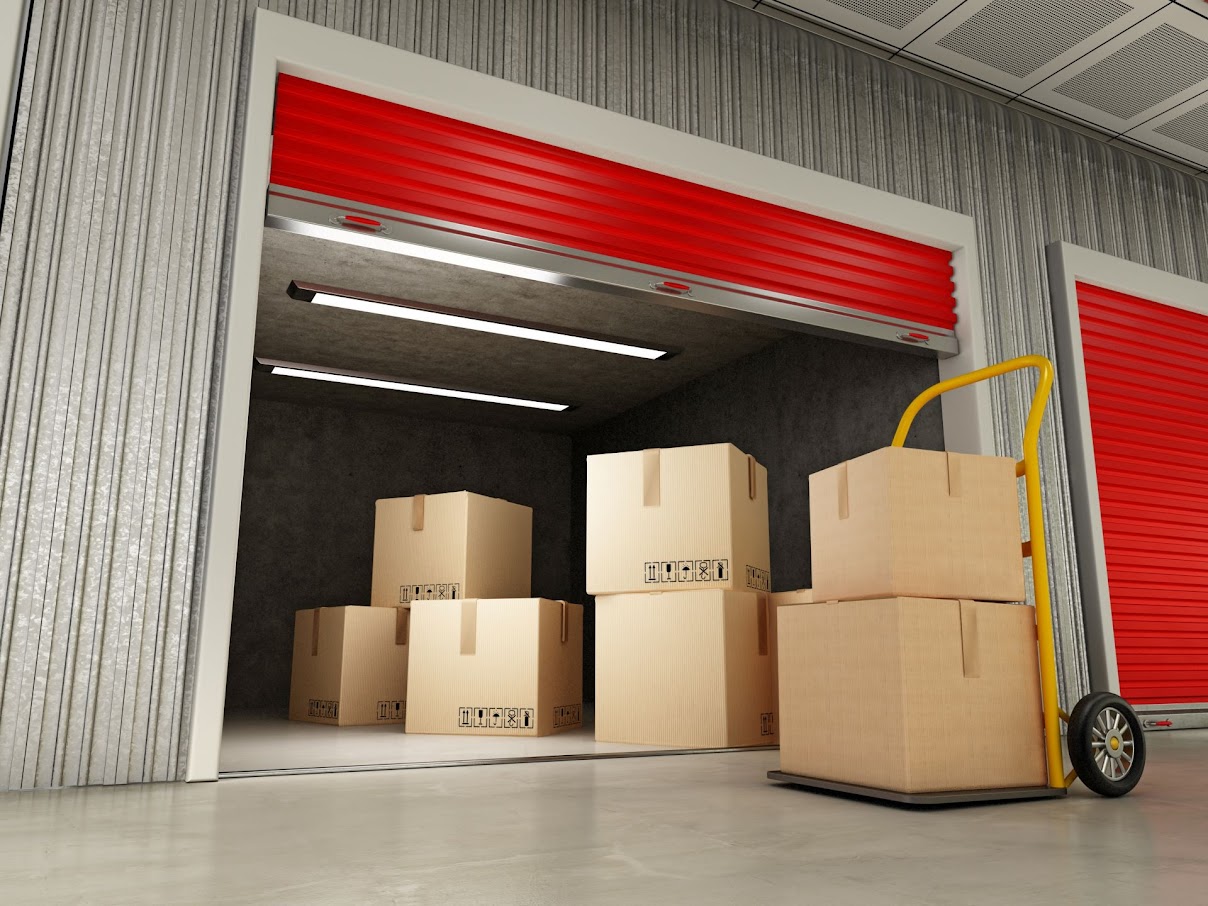In the bustling landscape of Calgary’s business sector, finding the appropriate storage solution for your enterprise can be the key to streamlining operations and enhancing efficiency. As a business owner, you hold various assets, from crucial documents to inventory. All of which demand safe and accessible storage.
Choosing wisely means not only safeguarding your assets but also fostering a more organized, efficient, and thus more profitable business environment. That’s why finding a storage option that safeguards your valuable assets and is tailored to cater to your company’s unique demands is imperative.
To help you select the ideal business storage Calgary, read on to learn more.
1. Assess Your Needs Clearly

Before you begin your search, pinpoint exactly what your business needs. It is essential to delineate the precise requirements. Consider the following pivotal factors:
- Volume And Type Of Goods To Store: Begin with an estimate of the volume of goods you intend to store. This will aid in selecting the right-sized unit. Moreover, different goods, whether documents, electronics, or other items, may demand varying storage conditions. Compile a detailed list to identify necessary storage features.
- Accessibility Requirements: Establish how frequently you’ll be accessing the stored items. Daily needs might necessitate a facility closer to your business premises, while less frequent access might allow for a broader range of options. Additionally, consider whether you’ll need a facility that operates 24/7 or one with standard working hours.
Being meticulous at this stage will save time and money. Plus, it’ll help prevent future inconveniences, streamlining your storage experience. It sets a clear path in your pursuit, filtering out unsuitable options immediately.
2. Explore Various Options
Now that you understand your needs, it’s time to know the diverse solutions available in Calgary. Self-storage units stand out for businesses wanting to manage their storage space themselves.
Meanwhile, full-service storage solutions are there to handle transportation and management for you, relieving you of stress. There are also climate-controlled units to maintain a constant temperature and humidity level, safeguarding sensitive items.
3. Consider Location Convenience

Location is a critical element in the selection process. Choose a facility that ensures convenience and smooth business operations through easy access. Consider the proximity to your business to reduce transportation time and costs, opt for a safe neighborhood to deter potential threats, and prioritize access to major roads and highways for swift transportation.
4. Examine Security Features
Security is non-negotiable when it comes to choosing a storage facility. A secure location will offer you peace of mind. Facilities equipped with surveillance cameras provide an extra layer of security.
Another feature to look for is 24/7 security personnel presence for optimum safety. Storage units offering individual alarms provide enhanced security, further protecting your belongings.
5. Review Contract Terms Thoroughly

Before finalizing your decision, examining the contract terms thoroughly is imperative to avoid any unwelcome surprises down the road. Take your time understanding the stipulated minimum and maximum lease durations to ensure they offer flexibility according to your needs.
Familiarize yourself with the payment terms to steer clear of future disputes. It is also wise to make sure that the facility offers a comprehensive insurance cover for your goods, providing a safety net for your valuables.
Make a note to check any additional fees that might be hidden in the fine print, including maintenance or security fees, to budget appropriately. Discussing the terms clearly with the facility manager can illuminate any gray areas, helping you make an informed choice.
6. Seek Recommendations And Reviews
Gathering recommendations and reading reviews can be highly informative. Consider engaging with long-term and short-term users to gain insights into a facility’s strengths and weaknesses.
When seeking feedback, highlight any specific concerns or needs related to your business to receive targeted and actionable feedback. Examining testimonials from other companies that have used the facility can provide additional insights.
7. Visit Facilities Personally

Visiting potential storage facilities in person can provide insights, including the actual unit sizes or other descriptions you might miss. During your visit, you can:
- Gauge Traffic And Accessibility: Understand the daily traffic around the facility. This can give you a sense of how easy it’ll be to move items in and out during peak hours.
- Assess Maintenance Levels: Are the grounds well-maintained? A clean and well-kept facility often indicates that the management takes its responsibilities seriously and will care for your stored items similarly.
In addition, assessing the quality of customer service can also help you gauge the professionalism of the facility. Furthermore, conducting a thorough inspection will allow you to check the condition of the units and the overall facility, providing a clear picture of what to expect.
8. Opt For A Test Period
Before committing to a long-term contract, opting for a shorter lease duration to test the waters is advisable. During this test period, you can evaluate various aspects, such as the ease of access to your stored items, the security protocols in place, and the overall convenience the facility affords your business operations.
In addition, a test period allows you to gather invaluable feedback from your team on the facility’s service, enabling a culture of inclusivity in decision-making. This strategy also offers time to make necessary adjustments, guaranteeing the storage solution seamlessly integrates with your business needs before settling for a long-term contract. It acts as a safeguard, ensuring you make a decision grounded in experience rather than assumptions, steering you towards a choice that optimizes your business.
9. Consider Easy Exit Options
Lastly, strategize a clear exit plan for a smooth transition if you move out. It’s beneficial to know the notice period required to avoid penalties. Understanding the moving-out procedures is vital to maintain a hassle-free exit. Enquiring about the refund policies will help you determine how to reclaim any prepaid amounts if necessary.
Conclusion
Choosing the right business storage solution doesn’t have to be a daunting task. Remember to assess your needs clearly, consider the location, and scrutinize security features meticulously. Taking time to visit facilities personally and opting for a test period can aid in making an informed decision. With this guide, you’re well on your way to selecting a storage solution that fits your business.









